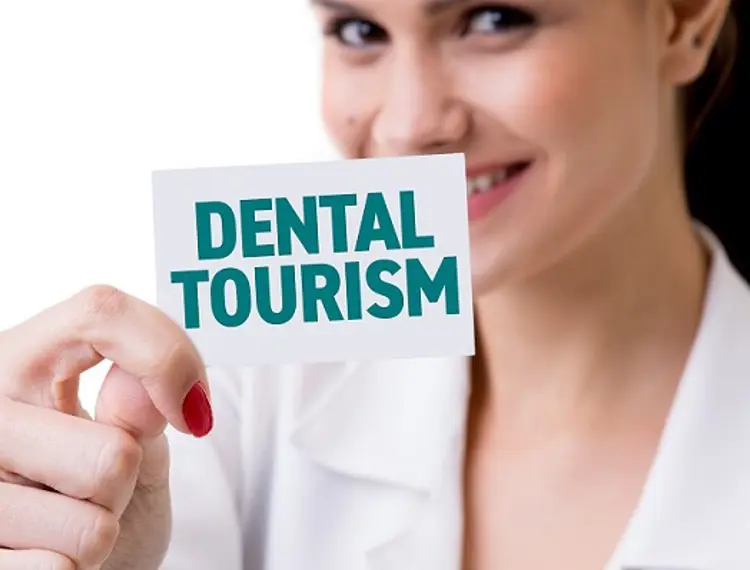
Key messages
- Seeking overseas holidays combined with dental treatment is known as dental tourism.
- Planning dental treatments is one of the most important steps to make sure you get a good outcome. This is hard to do when you are only in a country for a short amount of time.
Overseas holidays combined with dental treatment, particularly cosmetic treatments, continue to be popular. This is known as dental tourism. These treatments may be cheaper than what you can access at home, however there are risks involved and for people who experience complications, it may be more expensive in the long-term.
Concerns about having dental treatment overseas include:
- patients having unnecessary procedures
- the use of poorer quality materials compared to in Australia
- lack of support when treatments go wrong.
Dental clinic infection control requirements
Australian dental clinics need to follow very strict infection controls rules. Not all countries have the same requirements. As well, only quality dental materials approved by the Therapeutic Good Administration (TGA) are used in Australia. Depending on the overseas location, the dentist may not be using the same quality materials as those used in Australia.
Superbugs resistant to antibiotics
The growth of superbugs is becoming more common and concerning for medical professionals. Superbugs are bacteria that are resistant to the antibiotics that are commonly used to treat serious infections. Superbugs were previously rare in Australia. But they are now appearing more and more as people return from overseas after having treatment in hospitals and clinics that do not have the same infection control standards as Australia.
Dental procedures may be rushed
Planning dental treatments is one of the most important steps to make sure you get a good outcome. This is hard to do when you are only in a country for a short amount of time.
As well, some dental treatments cannot be done in one visit. You may need to wait a certain amount of time between appointments. This time may be needed to let your tooth and gums heal before more treatment is done. Squeezing several complex dental treatments into a holiday means you may be risking complications. Having treatment at home in Australia means the time can be taken to get your treatment right without rushing. You are also guaranteed follow-up care.
Questions to ask
If you are going to combine dental treatment with an overseas holiday, consider these questions:
- Is the dentist a registered health professional and were they trained at a reputable university?
- What are the countries infection control standards? Are these rules as strict as the rules in Australia?
- If you have any complications, can they be taken care of whilst you are still overseas? Will this require more money and extending your time there?
- Can you trust the reviews provided online by the dental clinic?


